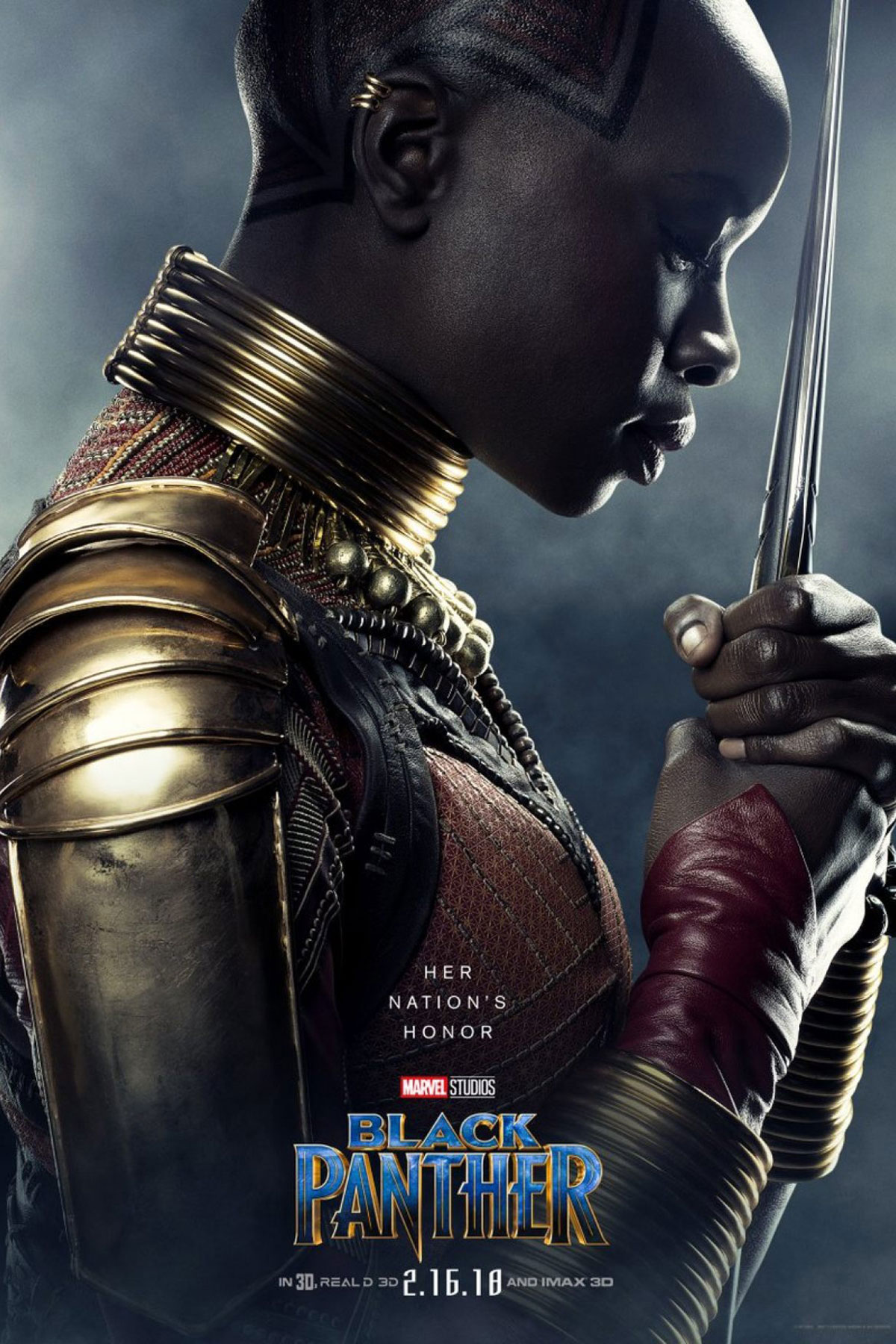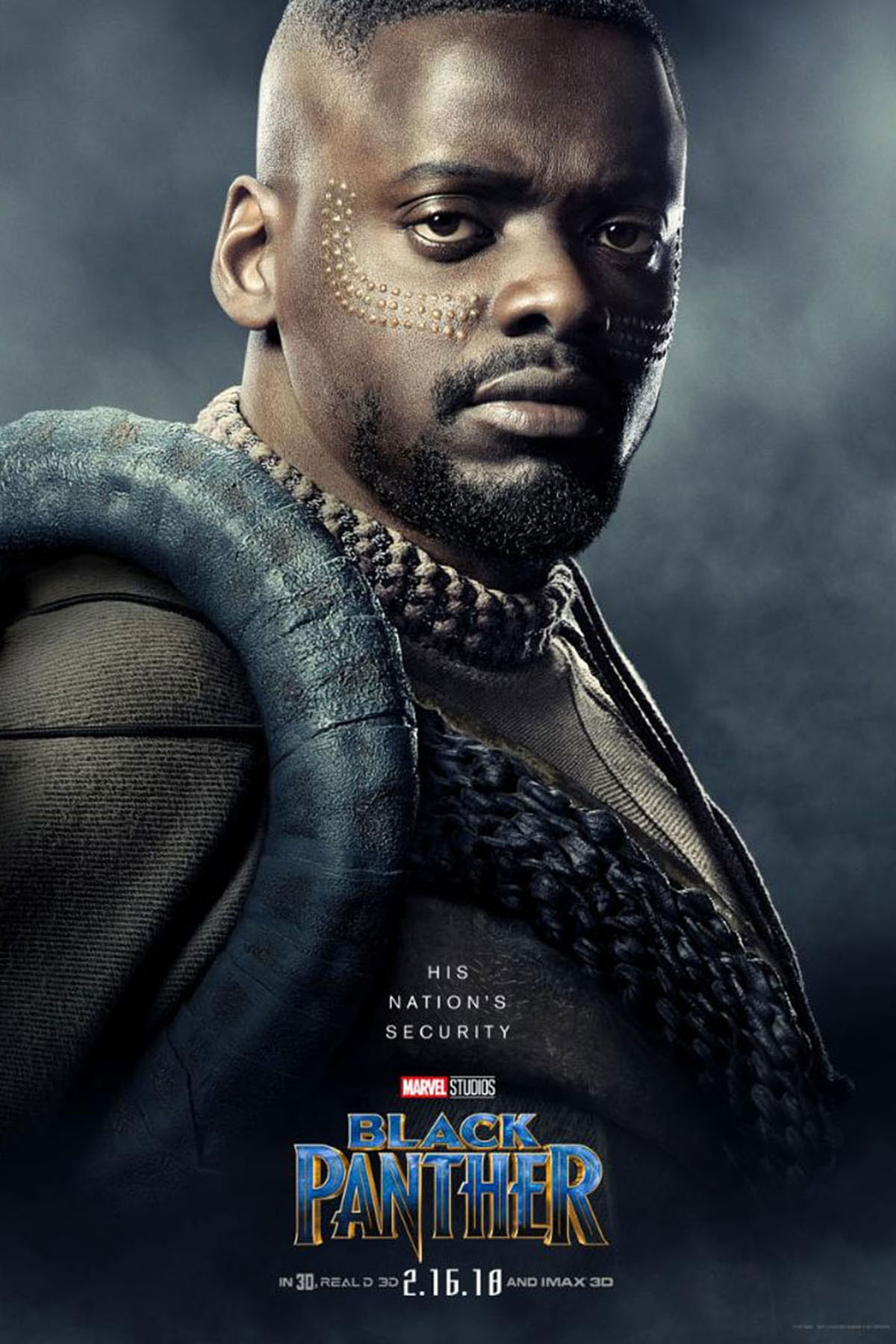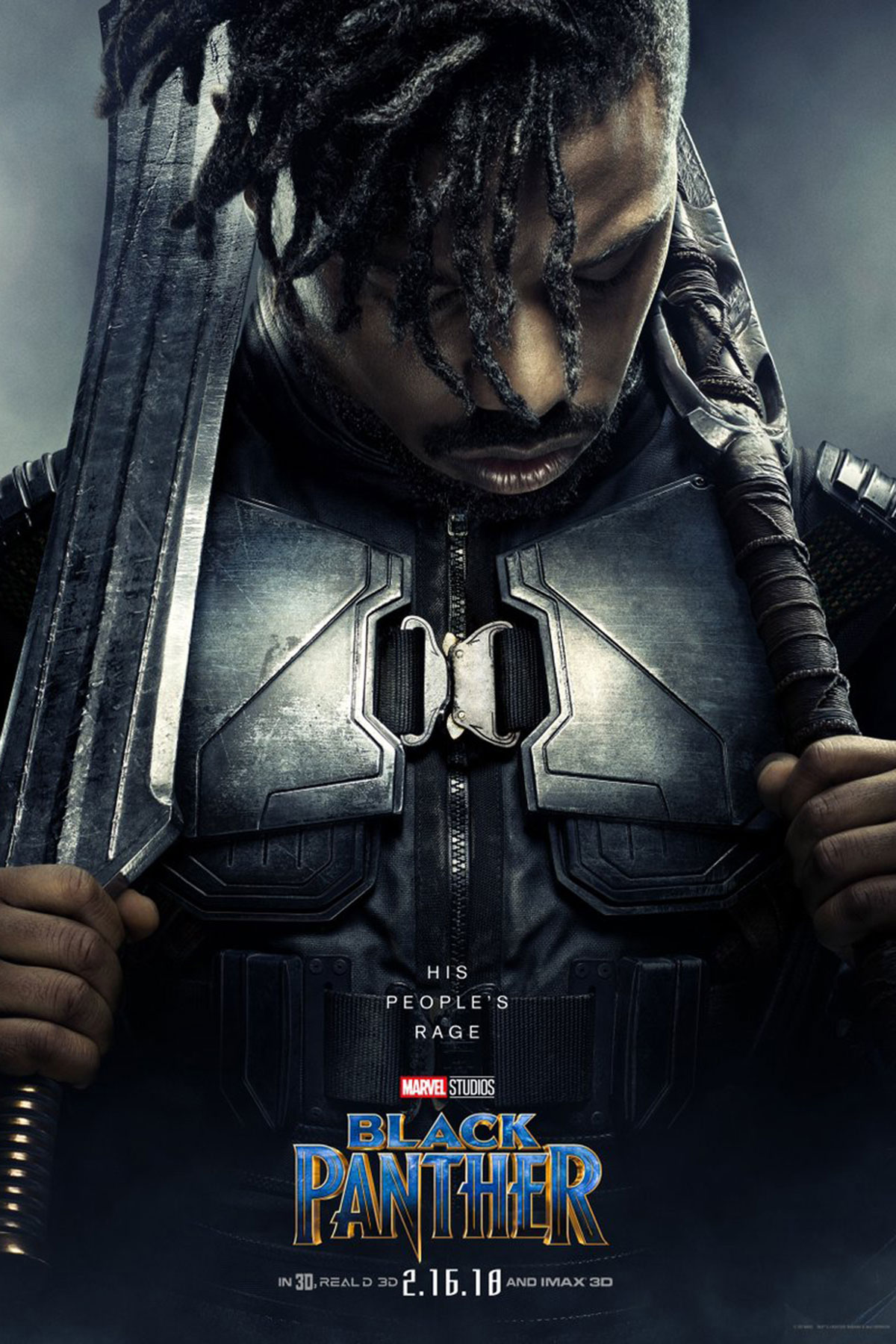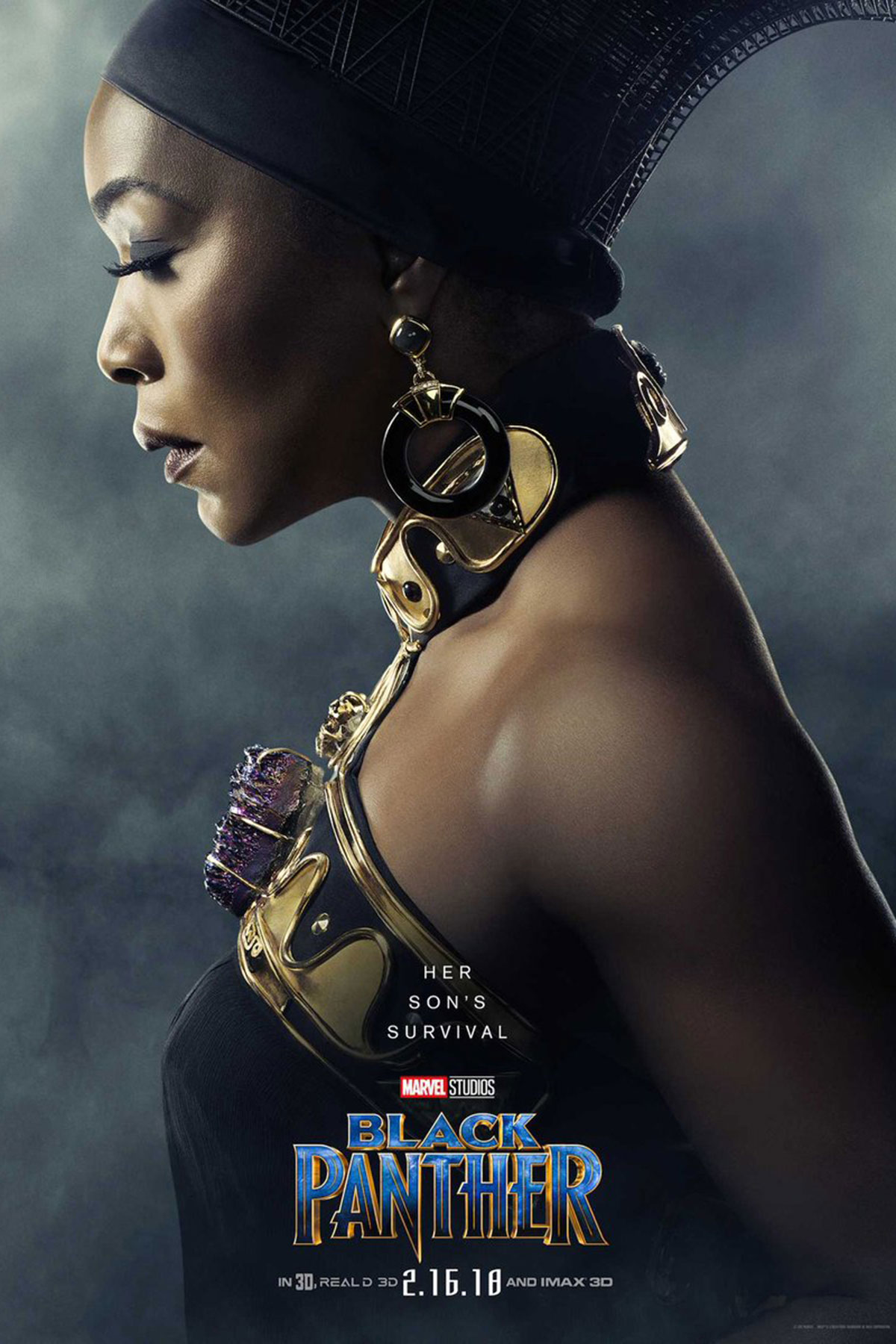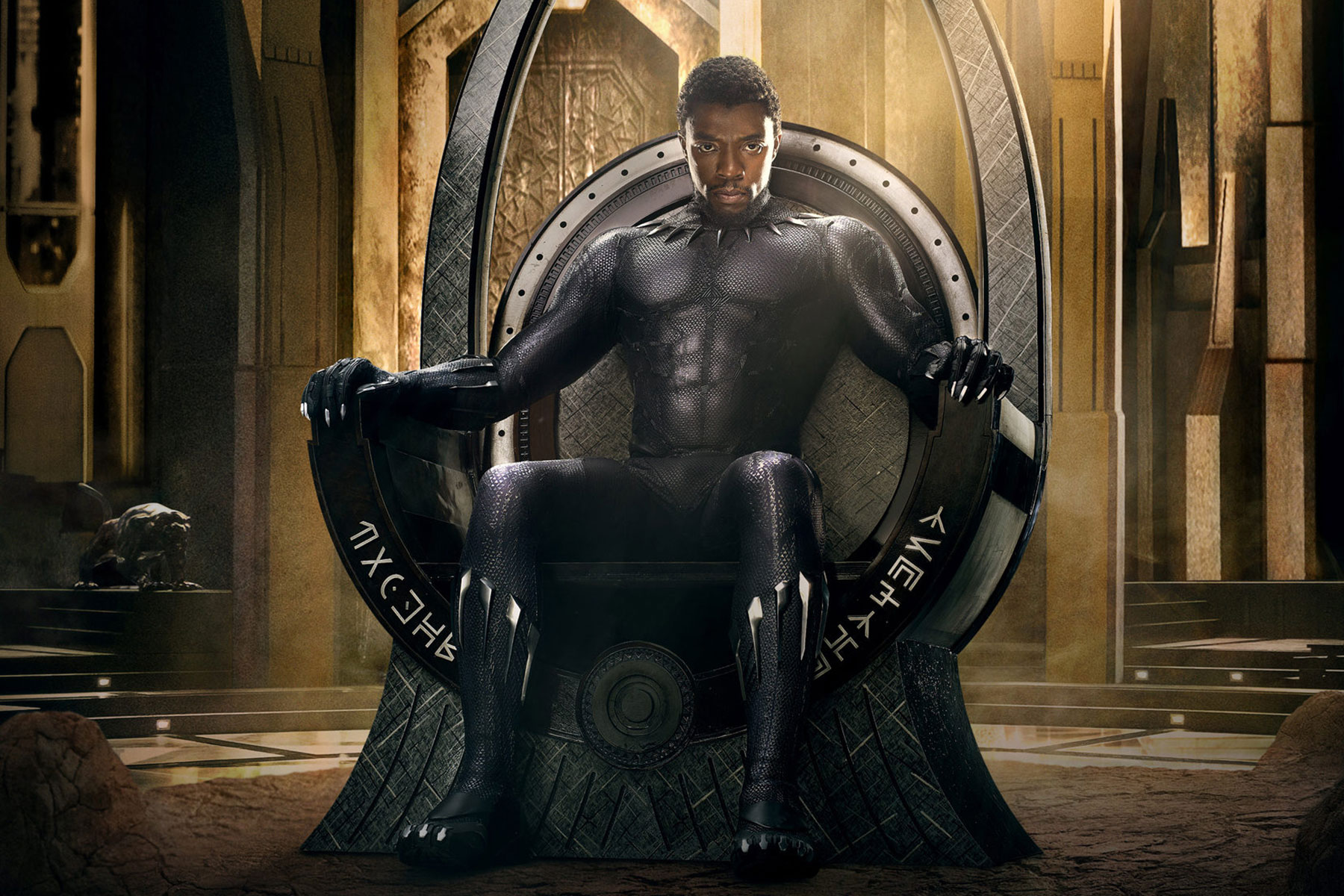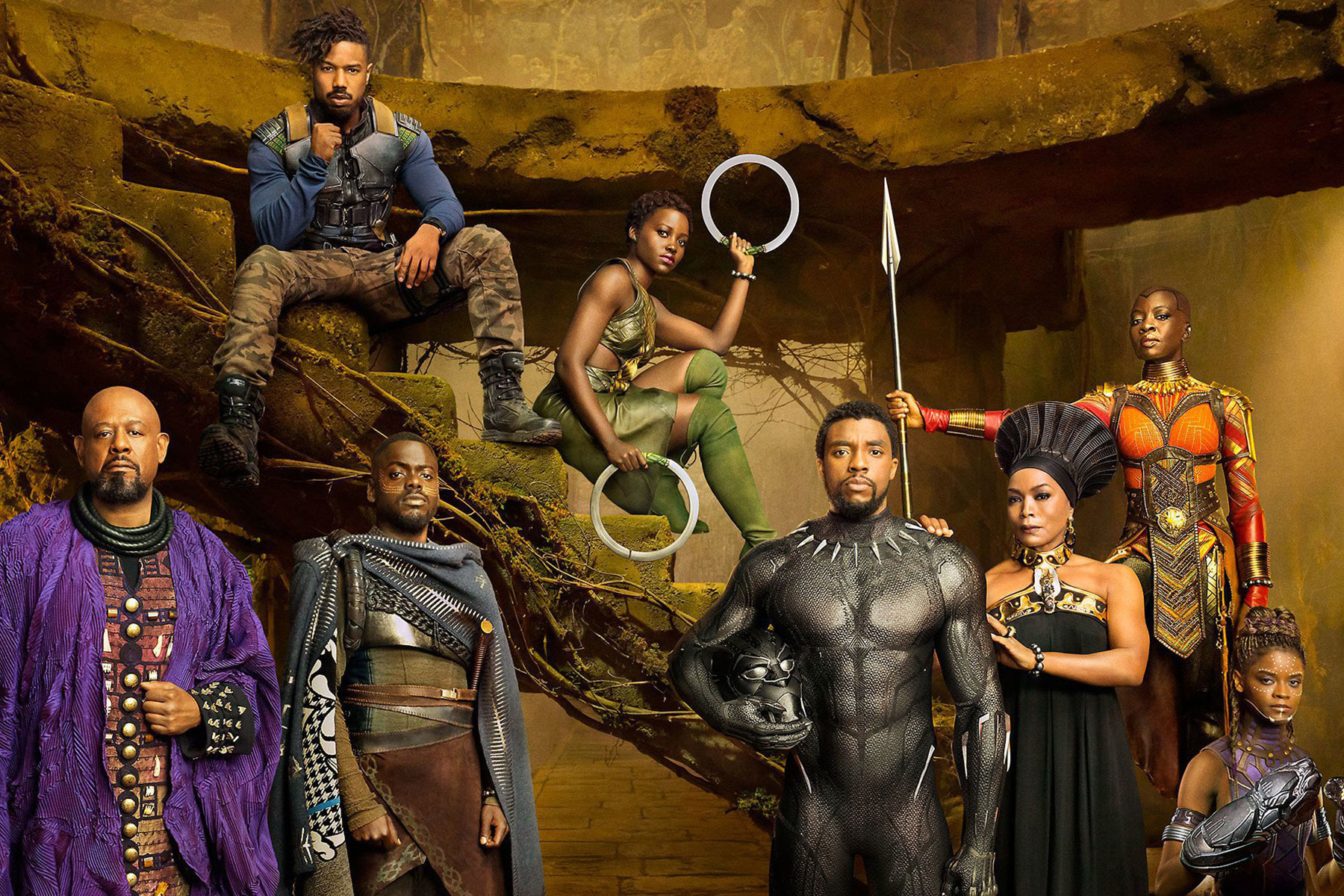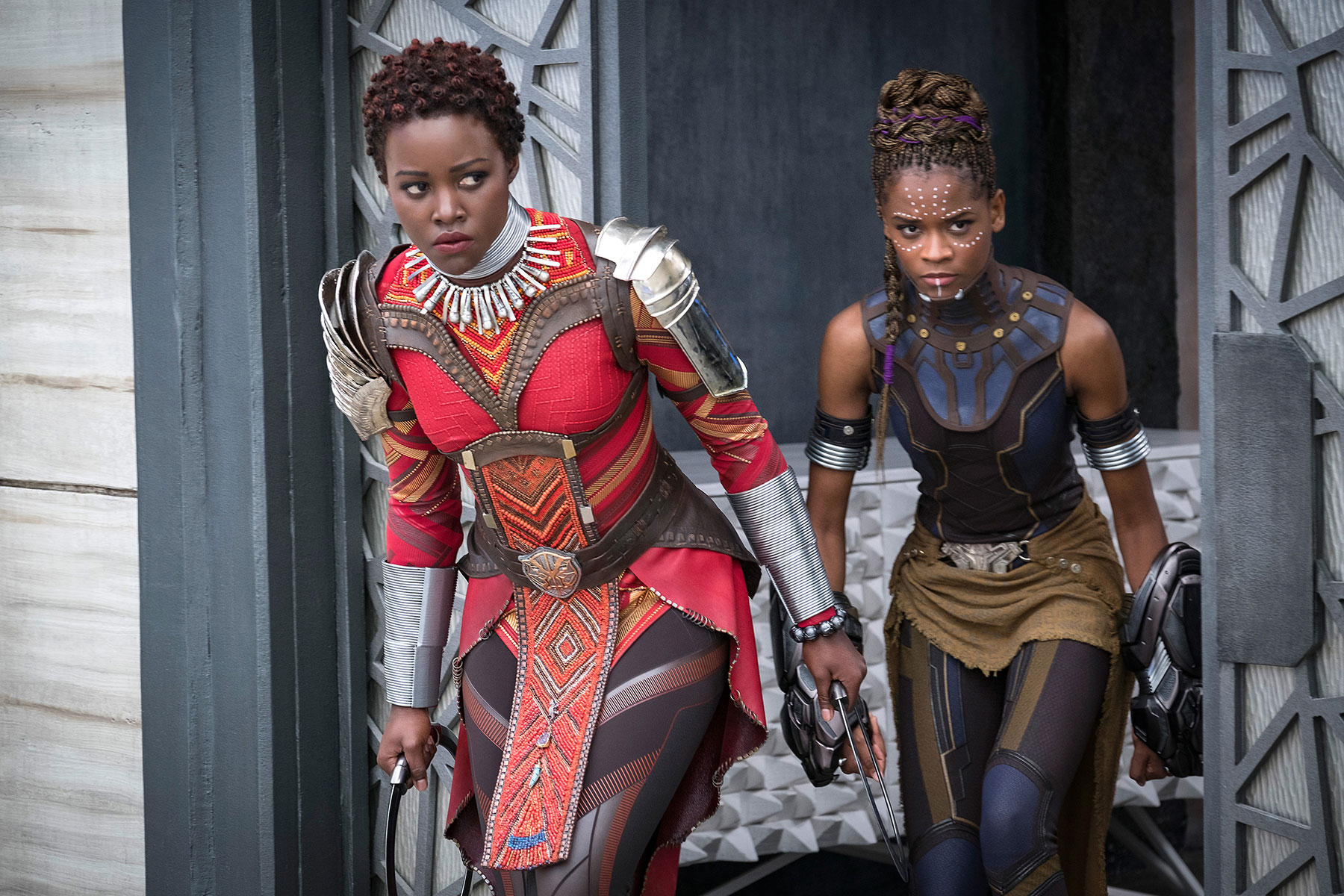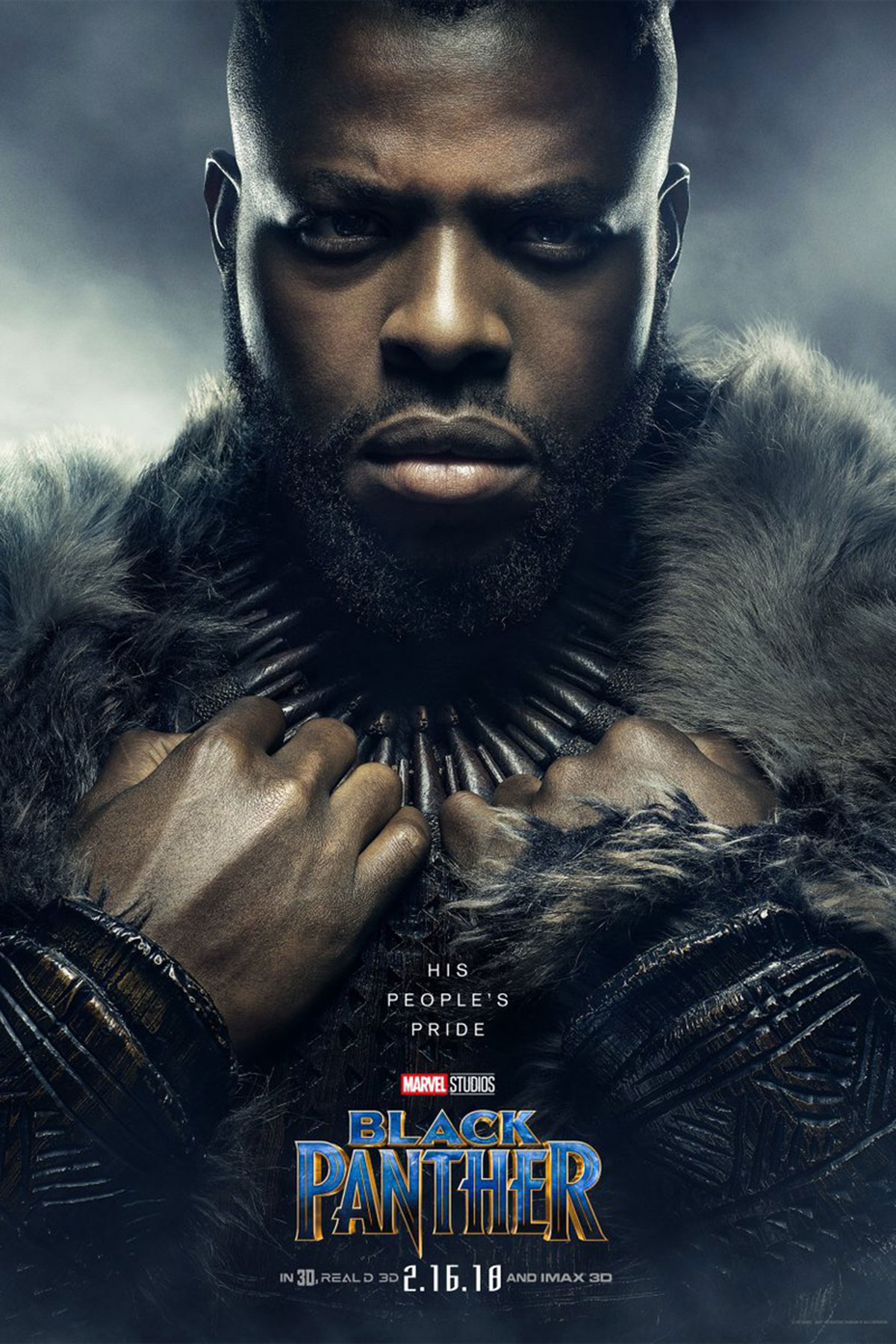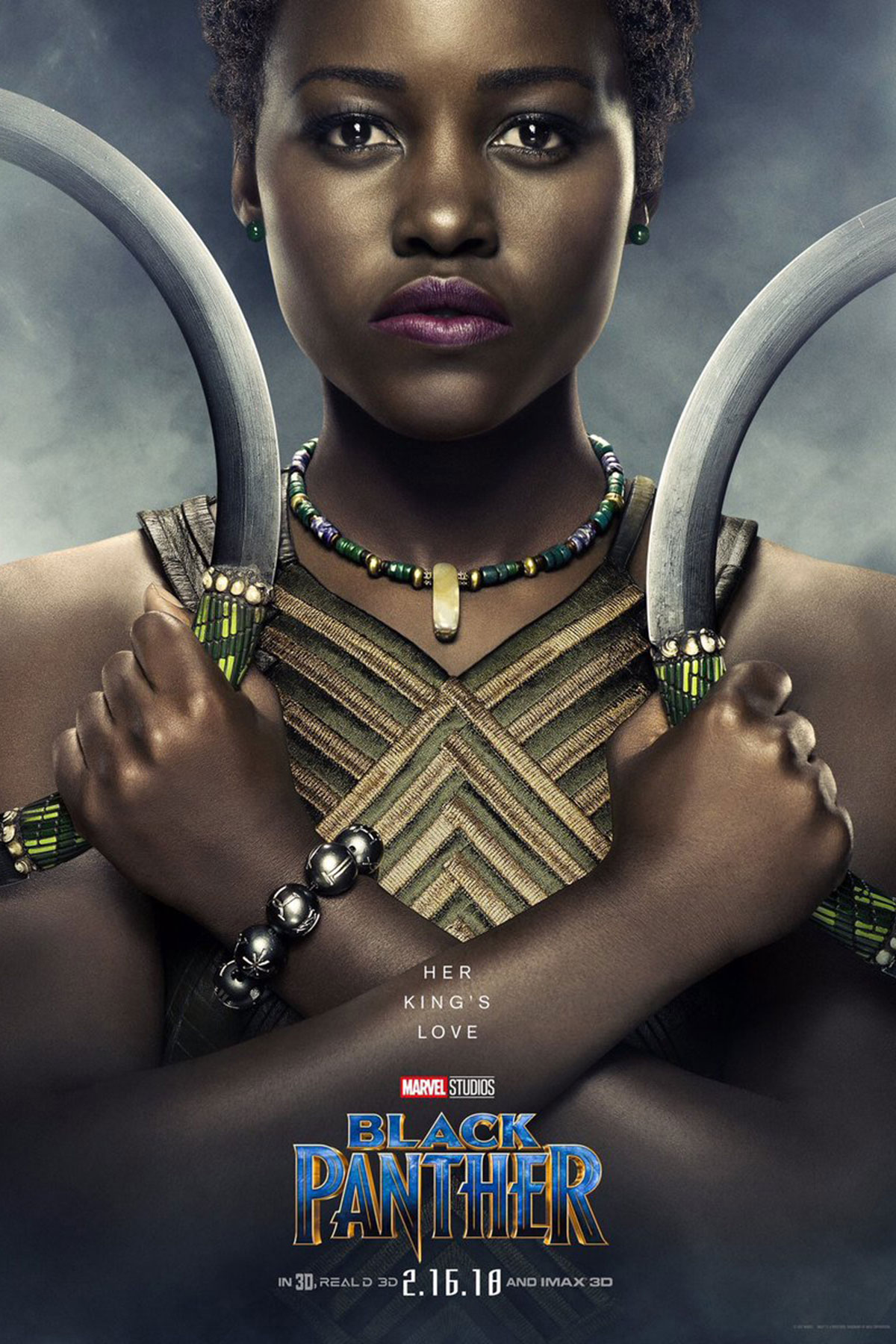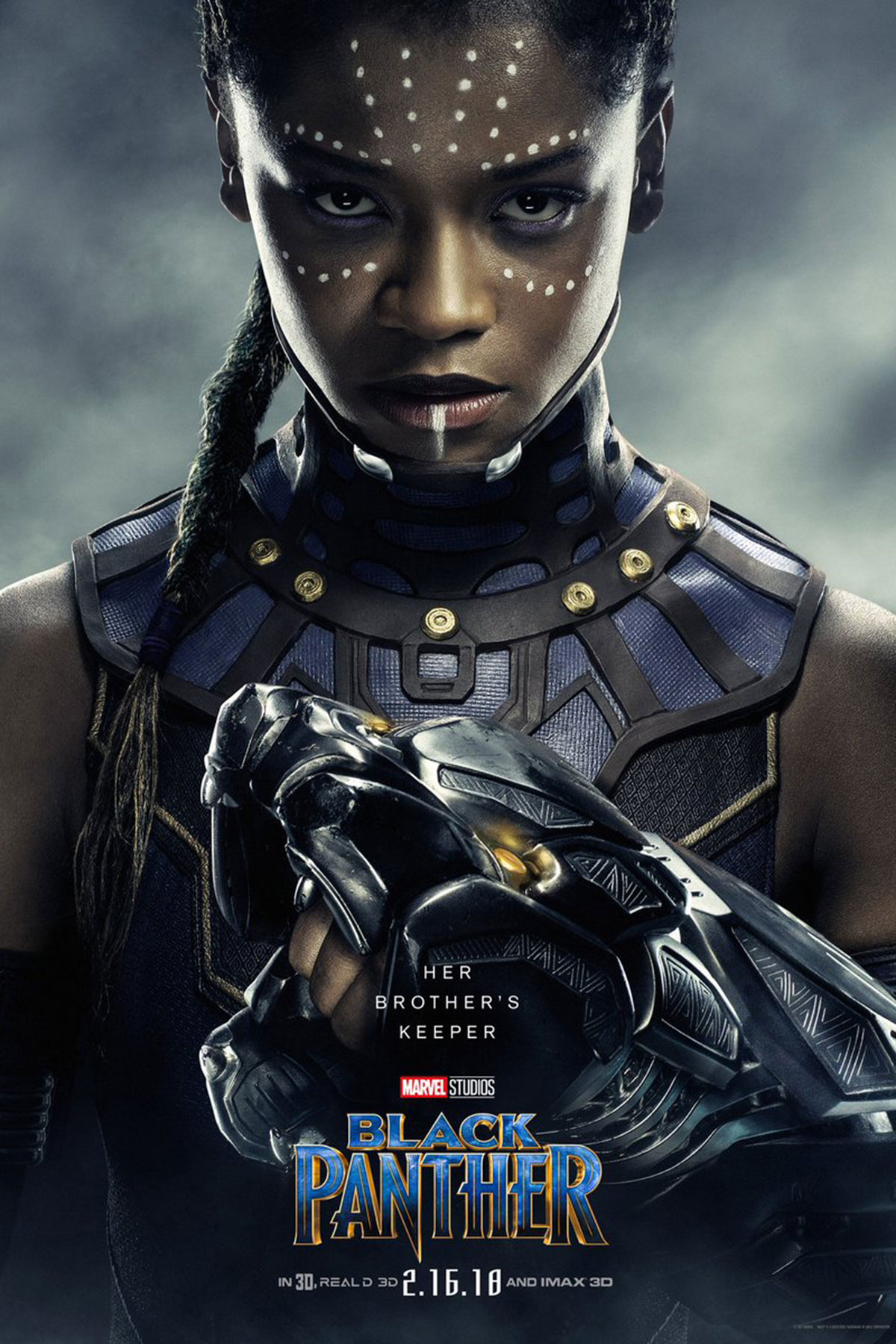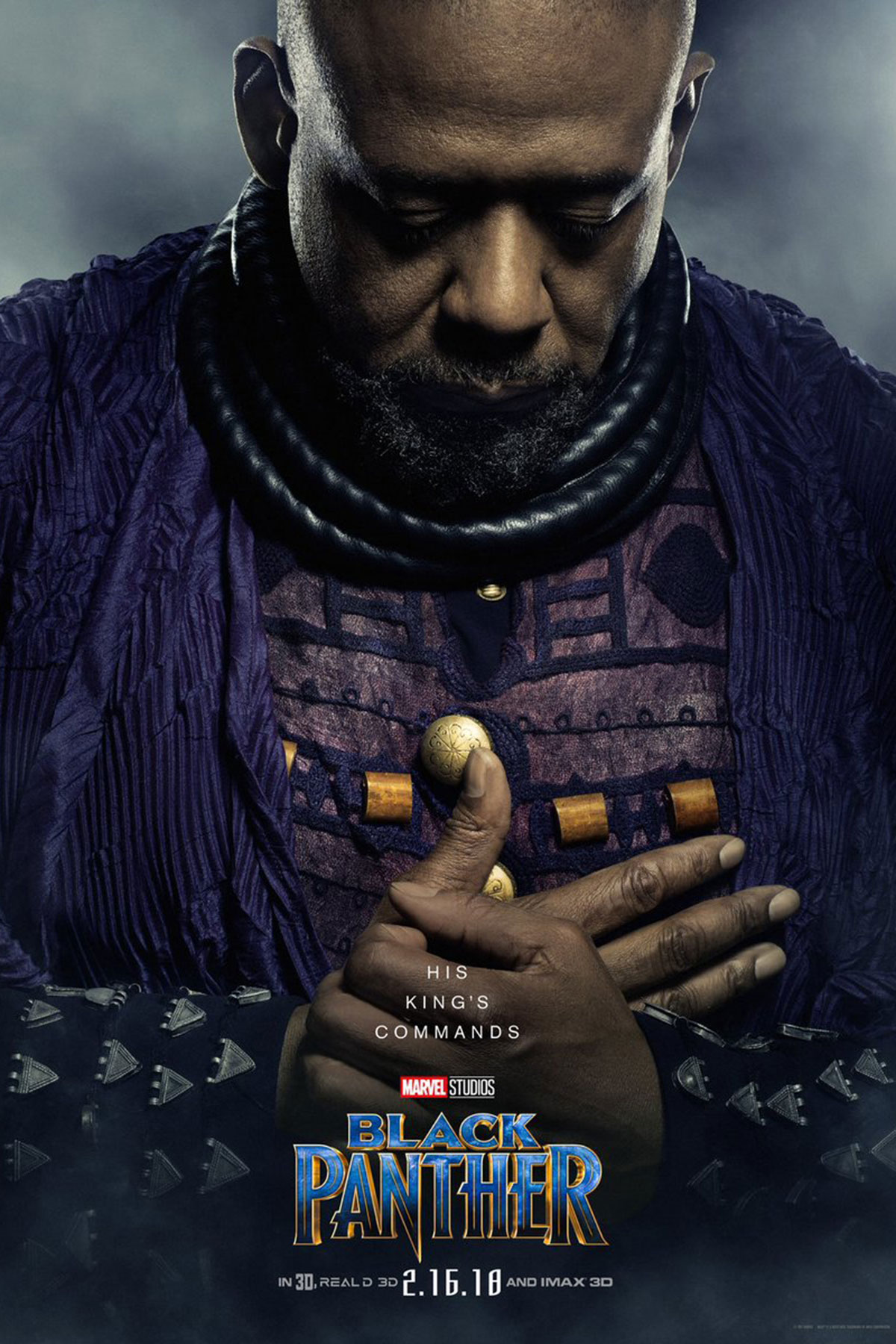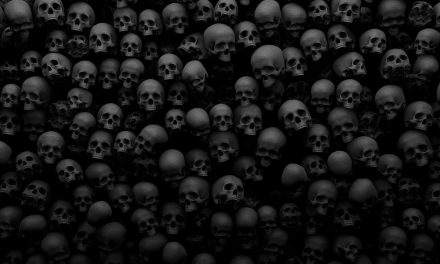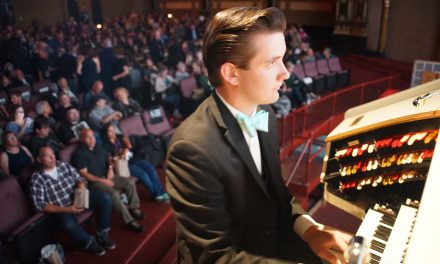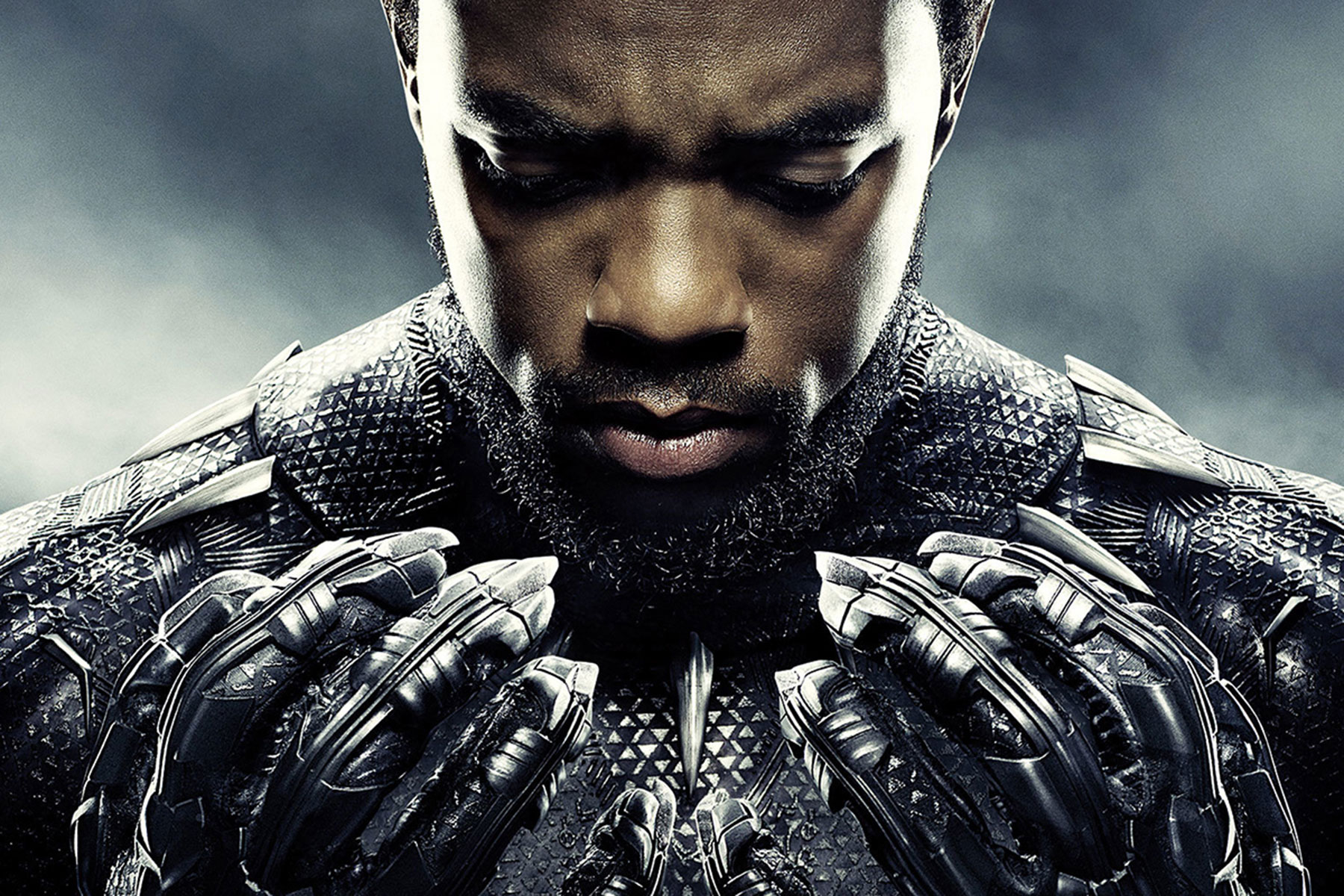
Imagine a world where the most highly anticipated movie in the country is about a black superhero.
Then look at the racial climate of the country over the past two years. This is 2018. America has gone from celebrating the nation’s first black president to having a man occupying the same office who refused to repudiate white supremacist in Charlottesville, South Carolina exactly six months ago.
Now there is a movie based on a comic book character that shares a name with a group that was designed to protect blacks from racism.
The first appearance of the character in a comic book was “Fantastic Four” issue #52, published in July 1966. The irony of the movie is that the comic book character Black Panther was created in 1966, the same year as the founding of the Black Panther Party for Self-Defense. Commonly known as the Black Panther Party, the organization was created in October 1966.
A white cartoonist named Jack Kirby created the Marvel Comics character after he “realized I had no blacks in my strip.” He had no intention of changing the world of comics by creating the first black superhero, but that is exactly what he did. Little black boys could, for the first time, see someone with amazing powers that looked like them. They could do the same as little white children and imagine being something otherworldly.
Black panthers live in Africa and Asia and are typically jaguars or leopards. They are melanistic variants of big cat families. The power of the pigment melanin is what gives us different degrees of skin color. The more melanin people have, the darker their skin is. Melanin is what protects humans from the sun’s ultraviolet radiation. The power of melanin also represents something special within the black community.
The Black Panther movie, which will be released on February 16, is groundbreaking. It is a high budget blockbuster with a cast that is predominantly black. Hollywood has never taken this type of a chance before. Movies with a black cast of actors have been hugely successful for big Hollywood studios and independent films in the past, and these have been popular, financially successful, and award winning. But Hollywood has consistently shied away from making a movie like this. Superhero films have been a staple of American cinema for decades.
The excitement over Black Panther is twofold. First, it looks like an incredible film if the previews and initial reaction to advance screenings indicates anything. Secondly, and most importantly, the movie is providing a sense of pride for a downtrodden group who rarely sees positive representations of themselves on the big screen. We have grown so accustomed to negative, stereotypical images of black people coming out of Hollywood that we are shocked to see something like Black Panther.
It is more than just a movie to us. Black Panther represents a positive affirmation of our strength. For far too long, mainstream media has shown us as a homogeneous mass of black people. There are rarely multi-layered, complicated black characters depicted in America. Our struggles are well documented. Our triumphs over the multitude of obstacles that we have faced are rarely shown. We come in more than the one shade we have been portrayed as throughout American history. Our life experiences, voices, and opinions are as multifaceted as any other group. It is rare for whites to see the depth of our hopes and dreams portrayed in television or films.
This is a chance to see us through a new lens. No longer will blacks being painted with a single brush be acceptable. There is a level of anticipation within the black community that is palatable. We expect to leave the theater feeling pride. Just as white people have been able to see a reflection of themselves in Superman, Wonder Woman, Batman, and a legion of other heroic figures, now it is our turn. Some may think this is not a big deal. But Black Panther is more than just a movie.
It is nearly impossible to understand or even explain what it means to have us characterized in a positive way. For my entire life, I have consistently seen unfavorable representations of black people on a daily basis. Each time I watch the local news, read the local paper, or flip though the channels on television, I am pretty much guaranteed to see a black man or woman shown in a bad light. This has been the norm for all fifty-two years of my life.
There is an old cliché in sports that says there are no moral victories. In real life there are moral victories. The election of Barack Obama injected a sense of accomplishment in many African Americans. This ended up being in many respects a moral victory. When black head coaches Tony Dungy and Lovie Smith competed as opposing coaches in the Super Bowl in 2007, it equated to a moral victory. Denzel Washington and Halle Berry winning Oscars were moral victories. These examples all show how starved black people are for wins in America.
Black Panther will represent a metaphorical moral victory. The movie will be a positive representation not only of blacks in America, but stretching back to our homeland of Africa. It will be emblematic of a positive perspective of Africa, which is rarely articulated. My memories of Africa as a child come from Hollywood’s film and television shows about Tarzan. He represented the savior of black people in their native land. They were helpless without the great white savior who communicated with the animals. It was an extension of the fantasies by white people about the “dark continent,” a backwards place populated by savages and beasts who needed a white messiah. I never saw positive images of African people as a child and still very rarely do now.
Black Panther is based on the antithesis of this stereotypical Africa. Director Ryan Coogler told Time Magazine that the movie dives into the issue “of being of African descent.” It is a gigantic step forward in addressing race directly. The topic of race in America has always been one that is symptomatic of the fear of positive representations of black people. Our culture has negativity towards blacks embedded in its very fabric. From the descriptions of enslaved African captives as savages in the 17th century to the caustic caricatures of blacks during the age of Jim Crow and beyond, America has rarely demonstrated a desire to paint positive images of black people.
To have a film with a black director, a primarily black cast, about a fictional African nation called Wakanda is truly a miracle for Hollywood. Not only is Wakanda a splendidly beautiful place populated by majestic African characters, it is the most technologically advanced nation on the planet. Our hero is the powerful king of Wakanda, T’Challa. He embodies the opposite of America’s most enduring stereotype of black men. He is a powerful, brave, intelligent, and morally upstanding defender of his nation.
There are few instances in American cinema where we have seen a black man who encompasses these virtues. Early twentieth century black filmmaker Oscar Micheaux made dozens of films that encapsulated positive images of black men and women. Rarely has Hollywood followed in Micheaux’s footsteps and produced monumental films about blacks.
The Black Panther comic books were an escape into a world where black superheroes existed. They were a niche category hidden in the back of comic book stores around America. The Black Panther comics allowed blacks to revel in the same sense of adventure that whites had enjoyed in abundance. They mirrored the images that blacks wanted to see themselves as.
For those who see this as just another film, they are sincerely disconnected from the importance of a black superhero. We can finally put away our G.I. Joe, Batman, Superman and Iron Man action figures and pick up one that looks like us. The power of this film psychologically is monumental. Our children will love the film because it is full of action. On a subconscious level, the film will plant a seed in some child that leads them to no longer limit their dreams of grandeur. They will aspire to be the real life embodiment of the Black Panther.
© Photo
Marvel Studios

